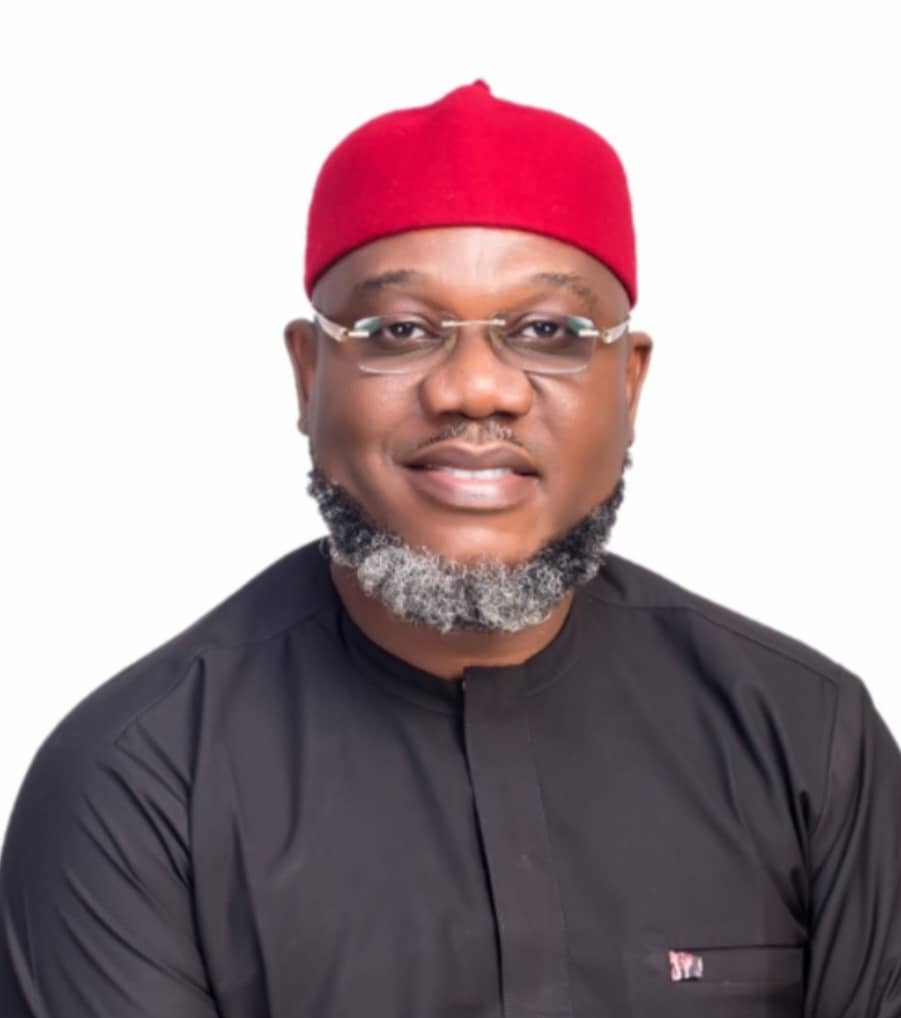Nigeria at 65: Urgent Need to Strengthen Primary Education for Greater Development
By Ikenga Jonjude Okere
Sixty-five years after Nigeria raised her green and white flag in triumph and lowered the Union Jack, the nation still struggles to answer a haunting question: Have we truly advanced, or have we merely expanded?
In 1960, when Nigeria gained independence, education was a scarce commodity. Classrooms were few, teachers were fewer, and learning was often viewed through the lens of suspicion by traditional and religious communities. In the old Eastern Region, that we know today as the South-East and parts of the South-South, a child often trekked miles between villages just to complete primary school. A pupil might begin Standard One in Azaraegbelu (Owerri North, Imo State) and finish Standard Six in Imerienwe, Ngor Okpala. Secondary education was an even greater adventure, families sent their children from remote and sleepy villages to cities like Enugu, Onitsha, Port Harcourt, or Calabar just to find a school willing to accept and accommodate them.
Fast-forward 65 years, and the landscape is dotted with school buildings, some imposing, some modest, scattered in every community. On the surface, this may look like progress. But let us be honest, in the economics parlance, this is growth, not development.
Growth counts numbers; development transforms lives. Growth builds structures; development builds systems.
Growth produces schools; development produces scholars.
Today, Nigeria is dotted with thousands of school buildings, yet the learning outcomes remain depressingly low and a crying shame. A UNESCO report once revealed that over 20 million Nigerian children are out of school, the highest figure in the world.
Meanwhile, many who are in school learn under extremely poor conditions, collapsing roofs, sit on bare floors, or study in overcrowded classrooms with a teacher-to-pupil ratio that would make Finland or South Korea cringe.
In Finland, every classroom has an average of 20 students, teachers are respected and well-trained, and their schools are equipped for a digital age.
In Nigeria, some classrooms hold 80 to 100 pupils. How can one teacher inspire creativity, discipline, and excellence under such suffocating conditions?
The time has come for Nigeria to stop mistaking quantity for quality. We must rebuild our education system from its foundation, starting with primary education, where the nation’s future is first shaped.
1. *Rebuilding Public School Infrastructure*
Public schools, the true engine of national literacy, must be restored with dignity. The decaying structures, broken furniture, and unsafe learning environments send the wrong message to children, that education is not worth their effort. Modern classrooms should be clean, well-ventilated, and technologically equipped. A child’s surroundings shape their mindset, When you place a child in a stimulating environment, you nurture confidence and curiosity, the two pillars of innovation.
2. *Reducing Overcrowded Classrooms*
The globally accepted standard is no more than 35 pupils per class. Nigeria must adopt and enforce this benchmark. Overcrowded classrooms not only compromise learning quality but also crush the spirit of even the most passionate teachers. Implementing this standard will naturally lead to more teacher recruitment, reducing unemployment while improving learning outcomes.
3. *Modernising the Curriculum and Teaching Tools*
The classroom of 1960 cannot serve the child of 2025. The chalkboard and tripod stand must give way to digital boards, projectors, and tablets. Technology-driven learning, coding, robotics, and digital literacy, should no longer be optional. In countries like Estonia and Singapore, children as young as six are introduced to basic coding and problem-solving through interactive platforms. Nigeria cannot hope to compete globally while our pupils are still reciting outdated lullabies and nursery rhymes using outdated syllabuses written decades ago.
4. *Supporting Teachers and Parents*
Education reform must go beyond school walls. Teachers need proper remuneration this cannot be overemphasised, continuous training, and social recognition. Parents, on the other hand, must be economically and psychologically stable to support their children’s education. No parent preoccupied with survival can focus on nurturing a child’s intellectual growth. Governments at all levels must provide economic safety nets and community-based support systems to ease the pressure on struggling families.
5. *From Policy to Action*
Over the years, Nigeria has produced countless education policies, beautiful on paper but lifeless in practice. The time for tokenism is over. If we truly believe that education is the foundation of national development, then it must reflect in our budgetary priorities. In 2024, Nigeria allocated less than 8% of its national budget to education—far below UNESCO’s recommended 15–20%. By contrast, countries like South Korea, Malaysia, and Finland invest heavily in education because they understand one truth, no nation develops faster than the quality of its primary schools.
*Conclusion*
At 65, Nigeria cannot afford to keep running in circles. A nation that neglects its primary education system is sowing seeds of mediocrity for future generations. The glittering towers, the grand universities, and the mighty bridges will one day crumble, but an educated mind never decays.
If Nigeria must rise, she must start from the ground up, from the chalk-dusted fingers of her youngest pupils to the weary blackboards waiting for revival. Strengthening primary education is not a choice; it is a national emergency begging for attention.
About The Author
You may also like
-
Cover And Inside News Pages of Trumpeta, Friday, 20th February, 2026
-
Ward Congresses Fallout; Top Govt Official In Imo Escape Mob Attack …Over Alleged Interference In Affairs of Other LGAs
-
Uzodimma is a compassionate visionary leader says Prof Matthews-Njoku ……. Calls for sustained unity among Owerri political leaders ahead of 2027
-
60th Birthday: Super Eagles plays for Akagburuonye
-
Cover and Inside Pages of Trumpeta, Thursday, February 19th, 2026

